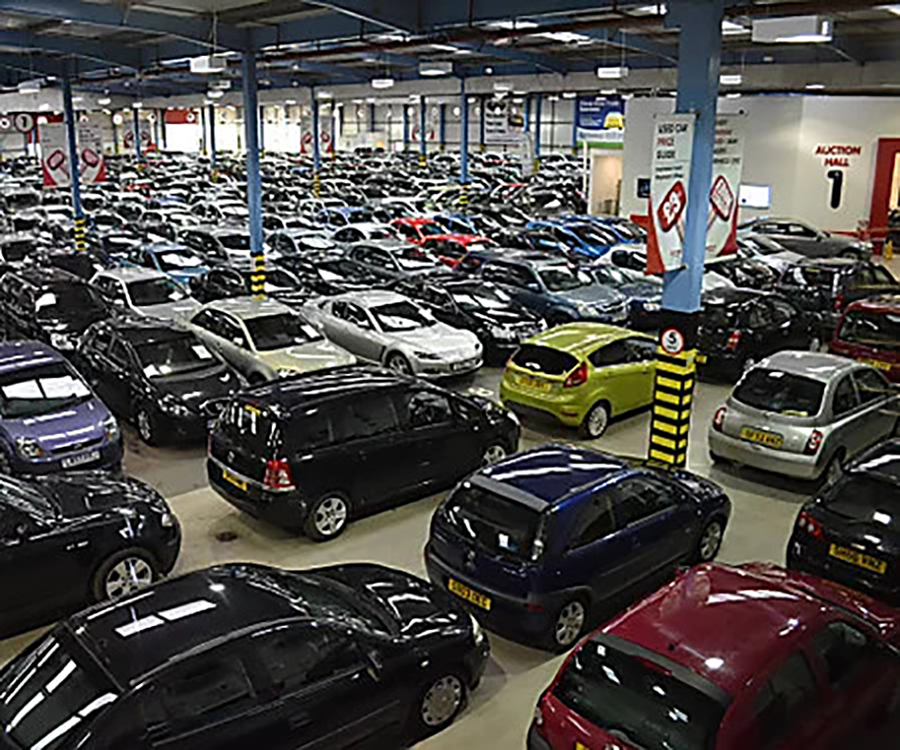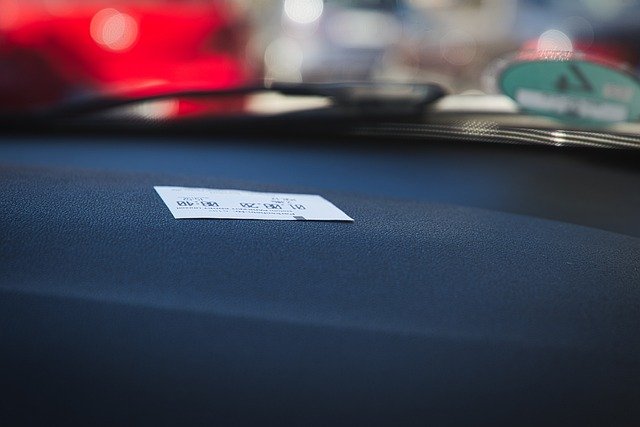How to Navigate Police Impound Car Auctions: A Practical Buyer’s Guide
Exploring police impound car lots can be a smart way for budget-conscious buyers to consider vehicles that may otherwise be overlooked. This guide breaks down how to approach online auctions for impounded vehicles, offering practical tips for researching listings, budgeting wisely, and understanding what to expect when purchasing cars sold “as-is”—including things like condition, paperwork, and possible maintenance needs.

What are police impound car auctions?
Police impound car auctions are events where law enforcement agencies sell vehicles that have been seized, impounded, or abandoned. These auctions can be conducted in person or online, depending on the jurisdiction. The primary goal is to clear out storage facilities and generate revenue for the agency. Vehicles available at these auctions can range from everyday commuter cars to luxury vehicles and even specialized equipment.
How do I find impounded car auctions near me?
To find impounded car auctions in your area, start by checking with your local police department or sheriff’s office. Many agencies maintain websites or social media pages where they announce upcoming auctions. Additionally, you can search for online auction platforms that specialize in government surplus sales. These platforms often list vehicles from multiple agencies across different locations, providing a wider selection of options.
What types of vehicles can I expect to find at these auctions?
The variety of vehicles available at police impound auctions can be surprising. You might find:
-
Passenger cars: Sedans, hatchbacks, and SUVs from various manufacturers
-
Trucks and vans: Both personal and commercial vehicles
-
Luxury vehicles: High-end cars seized in criminal investigations
-
Motorcycles and recreational vehicles
-
Specialized equipment: Police cruisers, ambulances, or other government vehicles
It’s important to note that the condition of these vehicles can vary significantly, from nearly new to severely damaged.
How can I research and evaluate vehicles before bidding?
Thorough research is crucial when considering a purchase at a police impound auction. Here are some steps to take:
-
Review the auction listings carefully: Pay attention to vehicle descriptions, known issues, and any available history.
-
Attend pre-auction inspections: Many auctions allow potential buyers to inspect vehicles before bidding. Take advantage of this opportunity to examine the car’s condition in person.
-
Check the vehicle identification number (VIN): Use the VIN to run a vehicle history report, which can reveal accidents, title issues, or maintenance records.
-
Set a budget: Determine your maximum bid based on the vehicle’s market value and potential repair costs.
-
Bring a mechanic: If possible, have a trusted mechanic inspect the vehicle to identify any hidden issues.
What are the potential risks and rewards of buying confiscated vehicles?
Buying a vehicle from a police impound auction can be rewarding, but it also comes with risks. Here are some unique facts and insights to consider:
Rewards:
-
Potential for significant savings compared to traditional dealerships
-
Opportunity to find rare or unique vehicles
-
Possibility of purchasing well-maintained government vehicles
Risks:
-
Vehicles are typically sold “as-is” with no warranties
-
Limited or no opportunity for test drives
-
Potential for hidden damage or mechanical issues
-
Complicated title transfer process for some seized vehicles
-
Fierce competition from experienced buyers and resellers
How much can I expect to pay at impounded car auctions?
The cost of vehicles at police impound auctions can vary widely depending on factors such as the vehicle’s make, model, condition, and the level of competition among bidders. Here’s a general pricing guide based on typical benchmarks:
| Vehicle Type | Condition | Estimated Price Range |
|---|---|---|
| Economy Car | Fair | $500 - $3,000 |
| Midsize Sedan | Good | $2,000 - $8,000 |
| SUV | Excellent | $5,000 - $20,000 |
| Luxury Vehicle | Variable | $10,000 - $50,000+ |
| Specialized Equipment | As-Is | $1,000 - $15,000 |
Prices, rates, or cost estimates mentioned in this article are based on the latest available information but may change over time. Independent research is advised before making financial decisions.
It’s important to note that while some vehicles may sell for significantly less than their market value, others may end up selling at or above retail prices due to competitive bidding.
What should I know about the bidding and payment process?
Understanding the bidding and payment process is crucial for a successful experience at police impound car auctions:
-
Registration: Most auctions require pre-registration and may ask for a refundable deposit.
-
Bidding: Familiarize yourself with the auction format, whether it’s in-person or online.
-
Payment: Be prepared to pay in full, often immediately after winning a bid. Many auctions require cash or certified funds.
-
Fees: Factor in additional costs such as buyer’s premiums, taxes, and transfer fees.
-
Removal: Plan to remove the vehicle promptly, as storage fees may apply for late pickup.
-
Paperwork: Be ready to handle title transfer and registration processes, which can be more complex for impounded vehicles.
Navigating police impound car auctions can be an exciting way to find affordable vehicles, but it requires careful preparation and a clear understanding of the risks involved. By doing thorough research, setting a realistic budget, and approaching the process with caution, you can increase your chances of finding a good deal on a reliable vehicle. Remember that while the potential for savings is high, so is the need for due diligence. Always inspect vehicles carefully, understand the terms of the sale, and be prepared for the possibility of additional repair costs after purchase.




